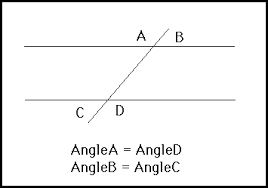记忆方法
1. 共同的扔(玫瑰)出去,看看大家都有什么反应.
2. 比如破案,就是将目前所掌握的所有事实情况放在一起,然后基于这些情况去推测,然后再对这些推测去逐一的论证。
2. 比如破案,就是将目前所掌握的所有事实情况放在一起,然后基于这些情况去推测,然后再对这些推测去逐一的论证。
中文词源
conjecture 推测
con-, 强调。-ject, 扔,投掷,词源同abject, project.
英语词源
- conjecture
-
conjecture: [14] A conjecture is, etymologically speaking, simply something ‘thrown together’. The word comes, perhaps via Old French, from Latin conjectūra ‘conclusion, interpretation’, a noun derived from the past participle of conicere ‘throw together’. This was a compound verb formed from the prefix com- ‘together’ and jacere ‘throw’ (source of English jet, jettison, and jetty). The notion behind the word’s semantic development is that facts are ‘thrown together’ in the mind and (provisional) conclusions drawn.
=> jet, jettison, jetty - conjecture (n.)
- late 14c., "interpretation of signs and omens," from Old French conjecture "surmise, guess," or directly from Latin coniectura "conclusion, interpretation, guess, inference," literally "a casting together (of facts, etc.)," from coniectus, past participle of conicere "to throw together," from com- "together" (see com-) + iacere "to throw" (see jet (v.)). Sense of "forming of opinion without proof" is 1530s.
- conjecture (v.)
- early 15c., from conjecture (n.). In Middle English also with a parallel conjecte (n.), conjecten (v.). Related: Conjectured; conjecturing.
权威例句
- 1. That was a conjecture, not a fact.
- 那只是猜测,不是事实。
- 2. The truth of his conjecture was confirmed by the newspaper report.
- 新闻报道证明了他的推测果然不假。
- 3. She didn't know the facts; what she said was pure conjecture.
- 她并不知道实情, 她所说的纯属猜测.
- 4. No conjecture can be offered on the subject.
- 关于这个问题不可臆测.
- 5. I was right in my conjecture [ guess ] .
- 我 猜中 了.
